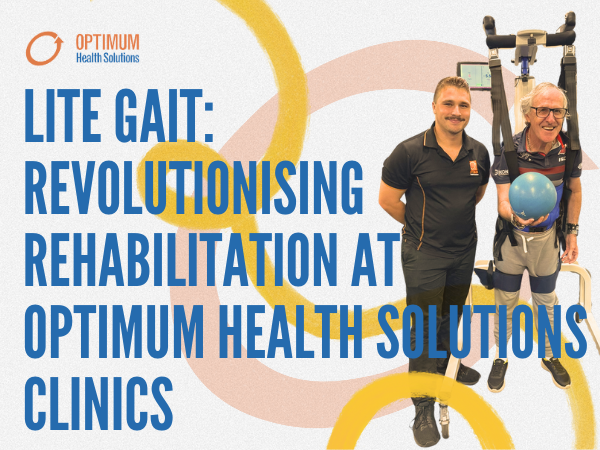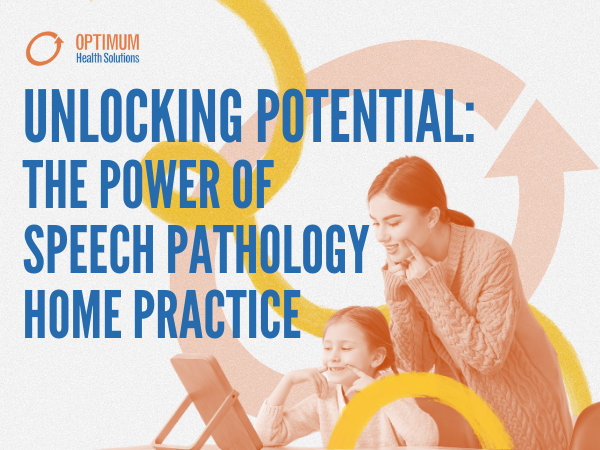Disruptions to our circadian rhythm, the 24-hour clock that drives sleeping and wakefulness, affect our bodies in more ways than previously believed. New research shows that each of our organs contains cells with their own circadian-clock genes that help bodily processes, such as digestion, operate with maximum efficiency at certain times of day.
When a person’s circadian clock is thrown off—by jet lag or shift work or eating at the wrong time—it can, over time, contribute to weight gain and depression. It may even increase the likelihood of heart and liver problems.
Do you find that you keep nodding off at your desk ? Your cubicle could be the culprit. Working in an area without direct exposure to the sun’s UV rays may decrease the amount of sleep you get during the night. A recent study found that people who work in an office that’s deficient in natural sunlight sleep 47 minutes fewer per night on average, compared to those with office windows nearby. To counteract this ‘cave’ effect, spend half an hour outdoors during your lunch break, perhaps engaging in a walk or conducting an outdoor meeting with colleagues.
Often when speaking to my clients, I hear that they are having trouble getting to sleep. So here are a few tips on how to catch the night time Z’s:
Keep a regular sleep schedule:
Set a regular bedtime. Go to bed at the same time every night. Choose a time when you normally feel tired, so that you don’t toss and turn. Try not to break this routine on weekends, when it may be tempting to stay up late. If you want to change your bedtime, help your body adjust by making the change in small daily increments, such as 15 minutes earlier or later each day.
Wake up at the same time every day. If you’re getting enough sleep, you should wake up naturally without an alarm. If you need an alarm clock to wake on time, you may need to set an earlier bedtime. As with your bedtime, try to maintain your regular waking time, even on weekends.
Naturally regulate your sleep/wake cycle:
Spend more time outside during daylight. Try to take your work breaks outside in sunlight, exercise outside, or walk your dog during the day instead of at night.
Let as much light into your home or work space as possible. Keep curtains and blinds open during the day, and try to move your desk closer to the window.
When it’s time to sleep, make sure the room is dark. The darker it is, the better you’ll sleep. Cover electrical displays, use heavy curtains or shades to block light from windows, or try a sleep mask to cover your eyes.
Nutrition:
Make sure you limit nicotine, caffeine and alcohol. The stimulating effects of nicotine and caffeine, which can take hours to subside, can wreak havoc upon your quality of sleep. Even though alcohol might make you feel sleepy at first, it can disrupt sleep later in the night.
Stress:
Although sometimes easier said than done, it’s important to manage your stress. Put down any work 2 hours before bedtime, and focus upon pre-bedtime activities that will help you settle down and relax.








